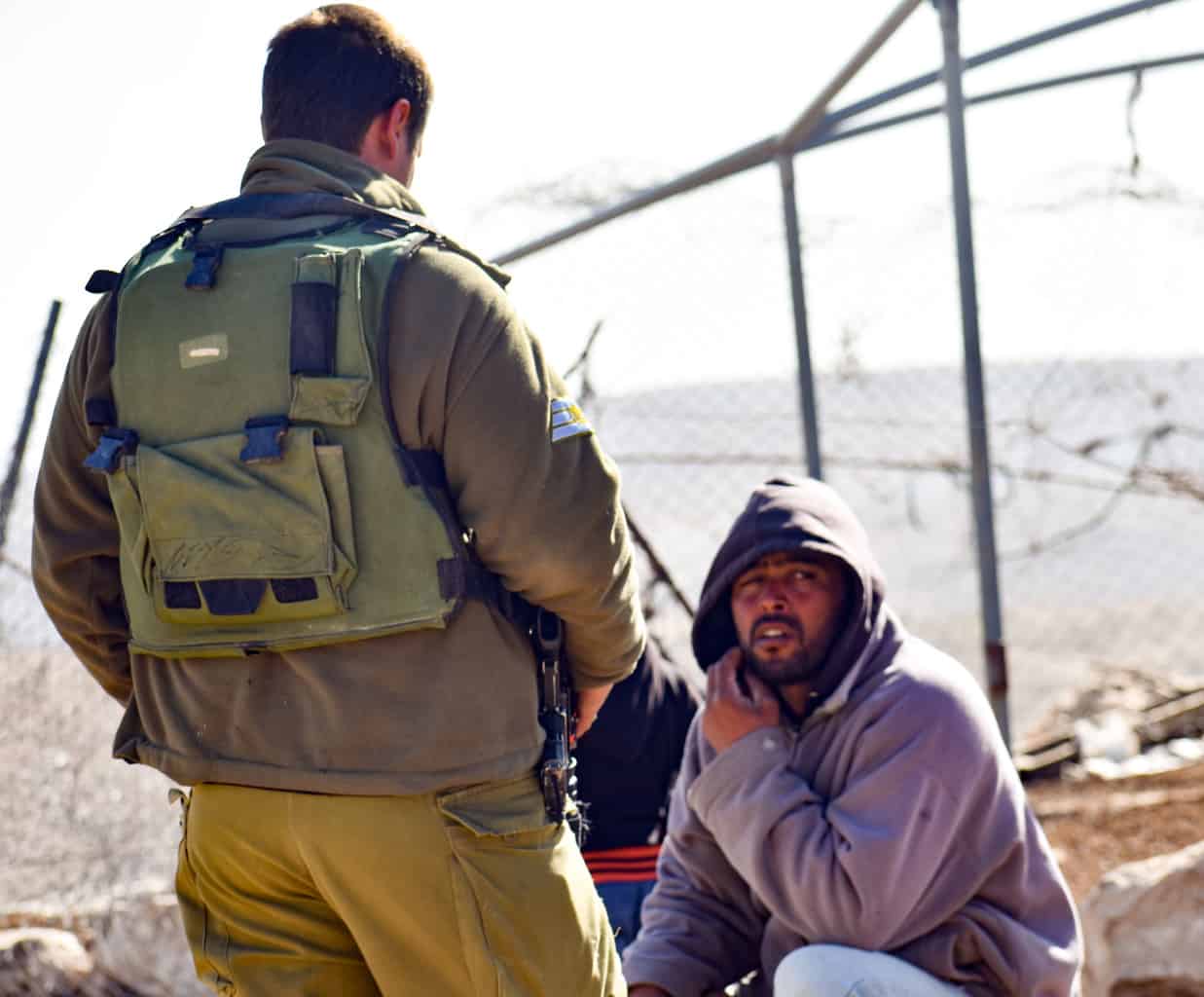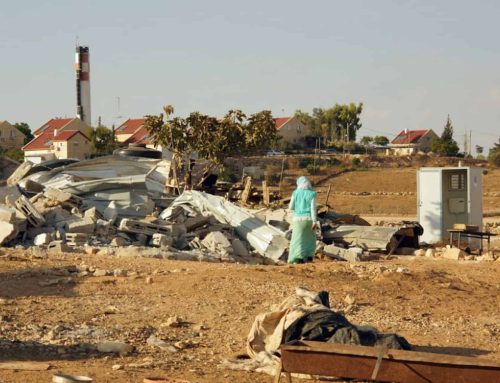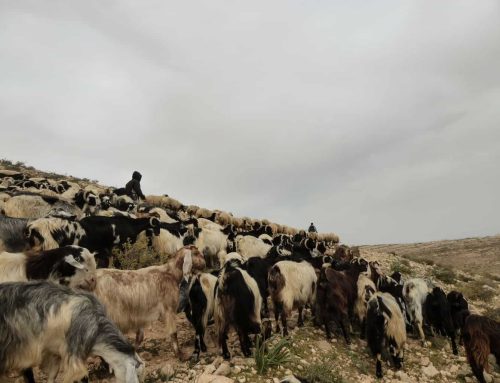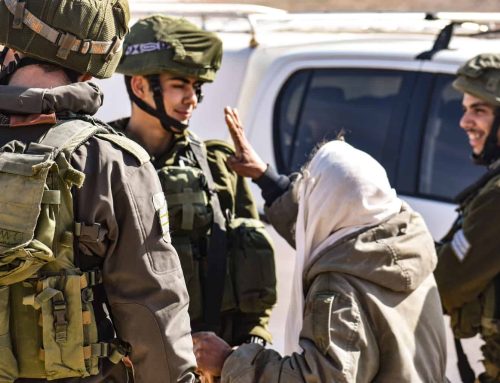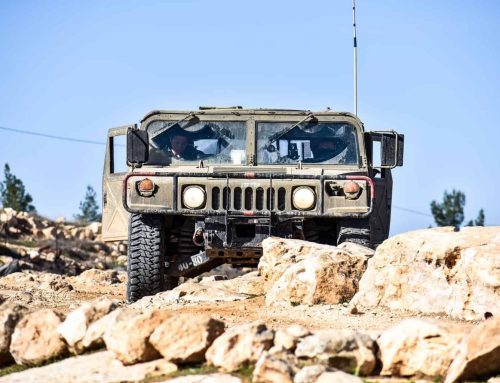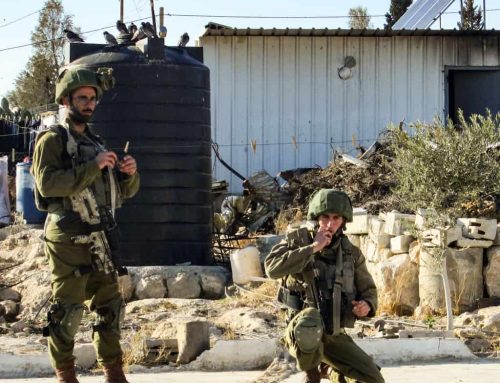Sustaining Resistance
UM AL-KHAIR | 10.27.2014
As Bedouins, we live a traditional lifestyle of relying on the land, of simple living. We sustain our lives from the few trees we’ve managed to cultivate on our land, despite the water restrictions we face and are able to maintain our community by the modest income to derive from our flocks. Part of our culture, our communal way of living, is our shared community oven. Our community oven, the taboon, was our main source of providing bread for our families. It is one thing to lose a home, but it is another way to take away our means to feed our families, our children.
With winter rapidly approaching in October of 2014, the Israeli military came into our village with the directive to demolish the center of our lives. As the caravan of armed soldiers and bulldozers entered and the children scattered to find their mothers and fathers, the older ones carrying the little ones, we were completely taken by surprise that they would take away our source of food. For us, this was something beyond our nightmares. Our collective protest in the face armed Israeli soldiers did little to slow the demolition. We protested not because we thought it would stop the demolition, but to preserve our dignity, respect, to set an example to our children who to act boldly and without fear in the face of oppression.
After the final crushing blow was made to our oven, and the bulldozers left our community under the escort of the Israeli military, we looked upon the pile of rubble that once feed our community and we immediately threw off the anger of what had just happened and began to rebuild the oven – not even out of space of resistance – but out of necessity. Because without the oven, our community would be left hungry during the winter. So came together and rebuilt.
Our collective response to the Israeli military simply brought on another heavy-handed retaliation by the Israelis. Just days later, the military returned and in the same robotic routine, they came back to demolish the oven again – despite our appeals to allow our children to have food. We knew they were coming because community members could see the Israeli military accompanying the bulldozers down route 60, so we thought that they will come and demolish again.
It took some time because if nothing else, the Israeli demolition methods are efficient. They first went down to Um al-Daraj, where they laid waste to several shelters just before the cold and rainy season was about to set in.
Knowing the importance to expose the reality of Israel’s modes of expulsion in the pursuit of justice, I and my cousin Eid packed up our cameras to run to the community and film the crimes of the military and to share the stories of the voiceless.
There was a moment when Eid and I had actually thought that Um al-Khair would be spared, that they had already accomplished what they set out to do when they leveled parts of Um al-Daraj. But we were mistaken and we watched the Israeli demolition brigade return to our community. The people tried, as they always do, to stop them. But as like all the previous stories, the ending is always the same.
The Israeli border police attacked two of the younger men in the community and pushed them to the ground. Another group of armed men took all the women outside and away from the newly rebuilt oven with brute force. When the children watch those who are supposed to take care of them, those who they look up to be bullied and abused, their sense of safety is shattered. Our leader Suliman was arrested along with another a mother in the community as they argued with the Israeli soldiers, trying to convince them they had a choice not to demolish the community oven again. It was like talking to a wall.
The next day, 40 people were without bread, without bread because for the Israeli colonial project, starving a people as a means to make room for illegal settlement expansion is a legitimate, moral decision.



